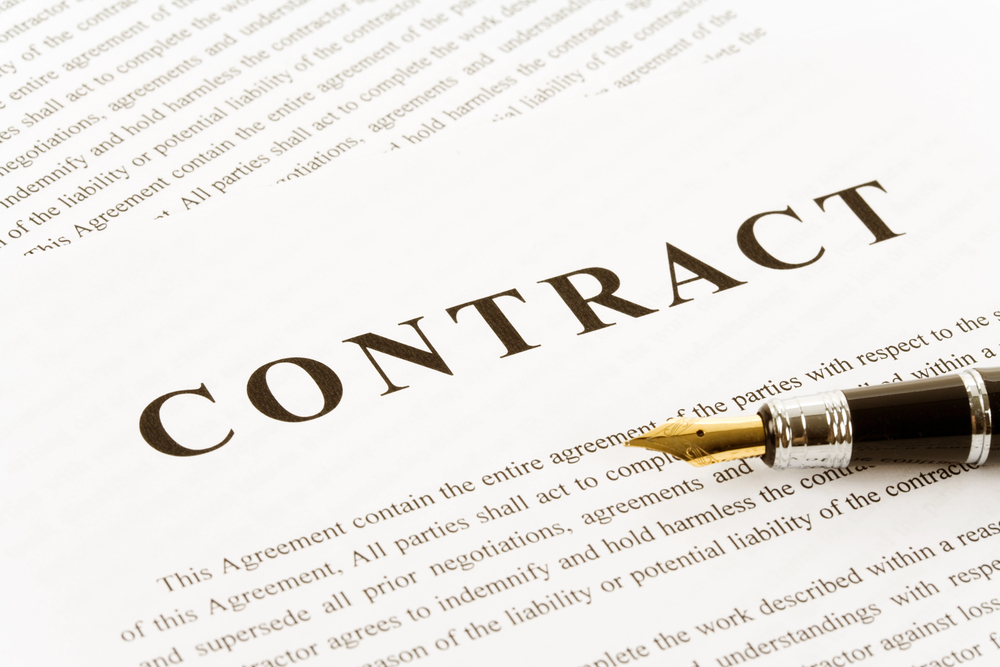Every player in the construction game should be aware of the risks and take the proper precautions. That’s especially true when it comes to business insurance coverage. It is not enough to simply call up a business insurance agent and purchase the first policy offered. You have to carefully review the type of insurance policy—and ask as many questions as possible.
Tell your insurance sales representative about exactly the type of risks you are trying to protect your company from. You’ll want to purchase a policy that comes closest to the commercial insurance coverage that matches your company’s specific liability insurance needs. You are the customer and it is the insurance sales representative’s job to make sure you have the proper information. But remember, that does not take away your responsibility to read the policy before signing on the dotted line.
What is excluded from commercial general liability policies?
A typical Commercial General Liability (CGL) policy will only cover third-party claims for bodily injury or property damage that happens by accident at the project site and during the policy period. So, if one of your employees is injured on the job, that claim should be covered by your workers’ compensation coverage.
But BEWARE! CGL policies have several exclusions that allow the insurance company to deny a claim you may have thought was covered. The way around these exclusions is to purchase the right endorsements, such as the “completed operations endorsement” that can cover loss that happens even after the project has long been completed. If you take this route, you must continue to make timely payments for as long as you want coverage.
What if You Get Sued?
So, what happens if you have been sued or received a claim from a third party? In addition to calling an attorney, you should forward the claim or lawsuit to your insurance carrier immediately. A denial of the claim by the insurance company may not be the end of the story—so don’t give up. A coverage demand letter further explaining the details of the claim and providing documentation may be enough to change the insurance carrier’s mind.
Conclusion
So, what is the takeaway? Make sure you know exactly what you are purchasing! After all, you spend valuable money paying for your CGL coverage, so it is important to know what you are getting for the money. As always, if you would like additional insight or have any questions, do not hesitate to call one of our experienced attorneys.




